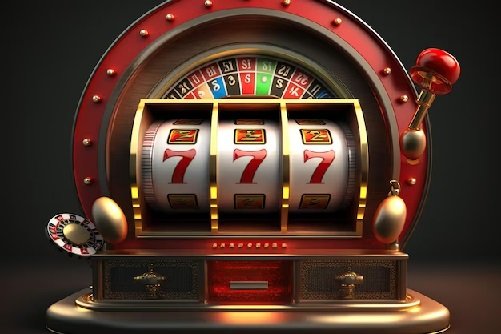Introduction
Slot212 have a magnetic appeal that draws players into a world of spinning reels, colorful symbols, and the tantalizing prospect of winning big. However, beneath the glitz and glamour lies a fascinating psychology that makes slot games so captivating and, in some cases, addictive. In this article, we’ll explore the psychology behind slot games, shedding light on the factors that contribute to their allure and the potential risks they pose.
- Random Rewards and Dopamine Rush
Slot games employ a technique known as variable ratio reinforcement, where rewards are given on a variable and unpredictable basis. The use of random number generators ensures that every spin is independent and completely unpredictable. This unpredictability triggers the brain’s reward system, releasing dopamine – a neurotransmitter associated with pleasure and reinforcement. As players experience wins, even small ones, they get a dopamine rush, reinforcing the desire to continue playing in pursuit of more rewards.
- The Near-Miss Effect
One of the most potent psychological tactics employed in slot games is the near-miss effect. When players experience a near-miss, where the symbols almost align for a win but fall just short, it creates a sense of almost winning. This illusion of being close to success activates the brain’s reward center, intensifying the desire to keep playing in hopes of achieving an actual win. In reality, near-misses are no different from any other outcome, but they can be misleading and perpetuate the feeling of being on the cusp of a significant victory.
- Illusion of Control
Despite the entirely random nature of slot game outcomes, players often develop the illusion of control. Engaging in rituals, such as tapping the screen or pressing the button at a specific time, can create a false belief that they can influence the results. This illusion provides a sense of empowerment, leading players to feel more in control of their fate, even when luck is the sole determinant of outcomes.
- The Gambler’s Fallacy
The gambler’s fallacy is a cognitive bias where individuals believe that past outcomes can influence future results in random events. For example, if a player experiences a series of losses, they may mistakenly believe that a win is due to happen soon. This flawed reasoning can lead to a belief in lucky streaks or hot machines, encouraging players to continue gambling in the hope of a turnaround.
- Escapism and Emotional Regulation
Slot games can serve as a form of escape from reality, providing players with a temporary reprieve from stress, anxiety, or boredom. Engaging in these games can also serve as a means of emotional regulation, as the excitement and anticipation associated with slot gaming can temporarily alleviate negative emotions. However, relying on slot games as a coping mechanism can lead to problematic gambling behavior.
Conclusion
The psychology behind slot games is a complex interplay of reward mechanisms, cognitive biases, and emotional responses. The allure of random rewards, the near-miss effect, and the illusion of control contribute to the captivating nature of slot games. While many individuals can enjoy slot games responsibly, others may be susceptible to developing gambling-related problems due to the psychological mechanisms at play. It’s essential for players to be aware of these psychological factors and approach slot gaming with caution and responsible play practices.





